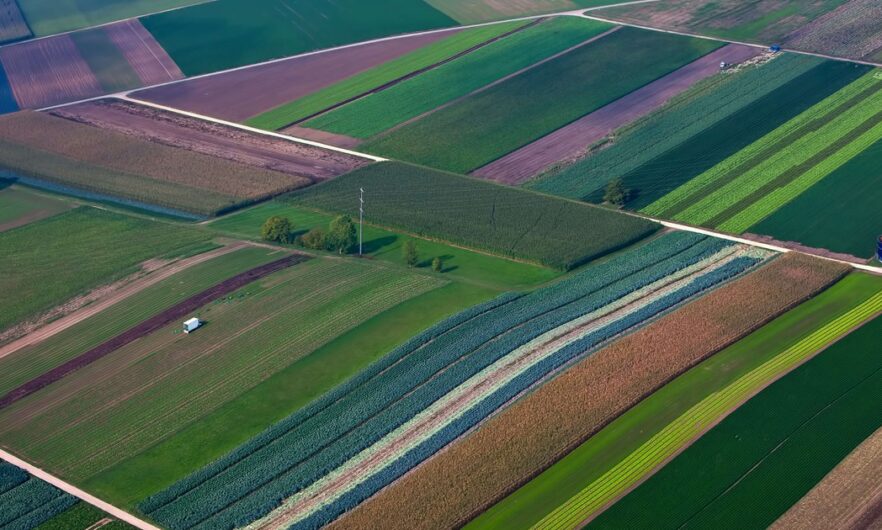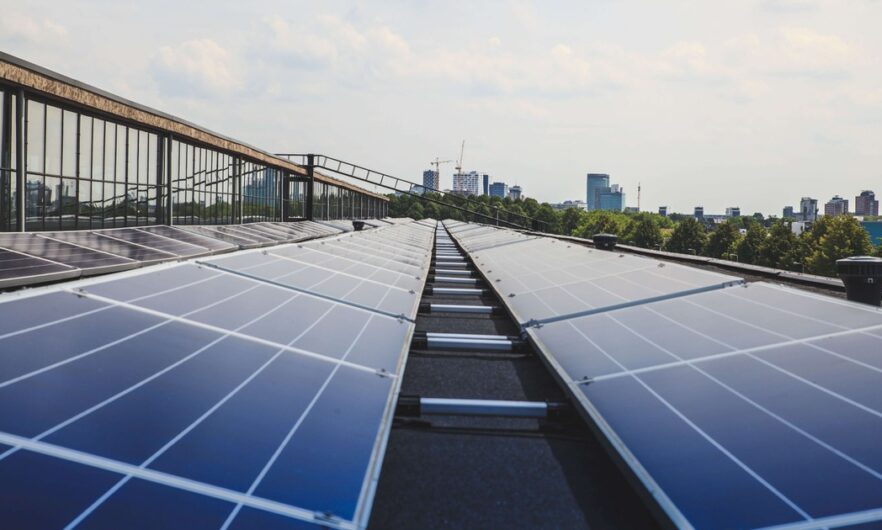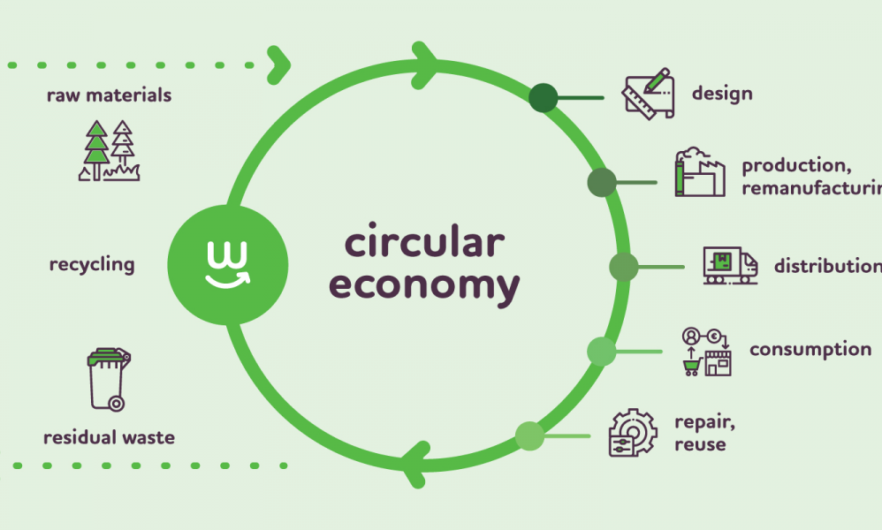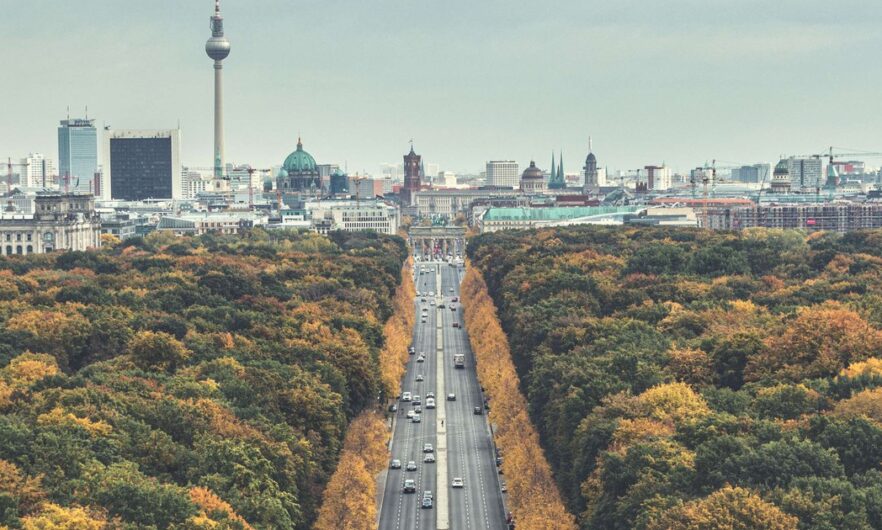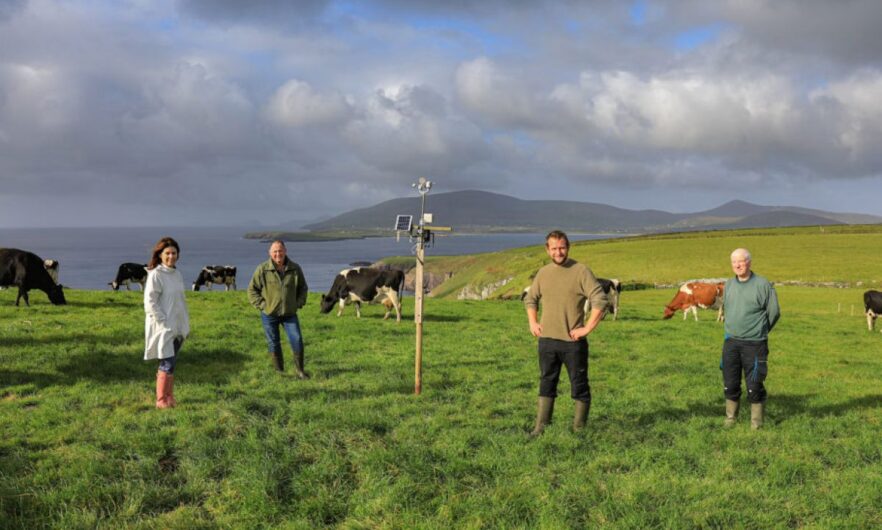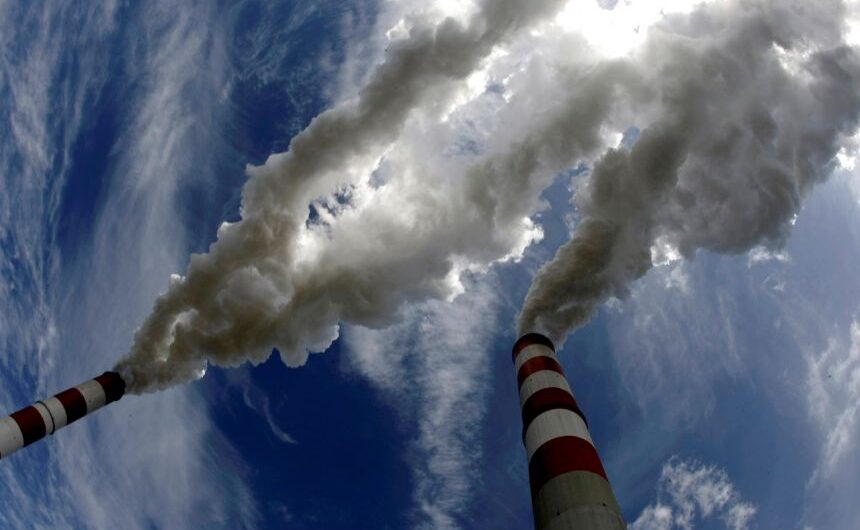European forest ecosystems: key allies in sustainable development
The fundamental and changing value of forests Forest ecosystems are a precious resource. Hosting biodiversity, purifying air and water, and supplying livelihoods for communities are among their many benefits for society and well-being. Approximately 10% of the EU-27’s annual greenhouse gas emissions are absorbed and stored in forest...
Rethinking agriculture
While global food chains, market competition, industrial processes and increasing productivity have turned agriculture into a profitable economic sector, it is also one of the biggest contributors to environmental and sustainability challenges in Europe and worldwide. In tandem, the COVID-19 pandemic, recent geopolitical developments in...
Financing nature as a solution
Investments that focus on restoring nature and reversing biodiversity loss can minimise risks and reduce costs to businesses, society and the economy. They can also provide benefits. These include environmental services, such as improved pollination; a reduction in climate-related risks, such as flooding or urban heatwaves; and the...
Energy prosumers and cities
In an increasingly urbanised world, cities and municipalities play a key role in the energy transition and the decarbonisation of society. Prosumers (producer-consumers) of renewable energy can help to accelerate this transition in cities. This briefing builds on recent EEA work on prosumption by focusing on the challenges and...
Enabling consumer choices for a circular economy
Establishing an EU circular economy calls for a transformation of Europe’s production/consumption systems. Production systems respond to and shape consumer demand through the products offered and how they are marketed. Informed consumer choices can potentially shape decisions made by producers upstream and downstream in product supply...
Imagining sustainable futures for Europe
A co-creation project of the EEA and its country network Eionet Achieving a sustainable Europe will require far-reaching societal change, engaging all areas of the economy and society. Faced with this complex governance challenge, Europe’s governments and societies are increasingly looking to foresight approaches to explore possible...
Managing air quality in Europe
Air quality remains a persistent problem in Europe, harming health and ecosystems. This briefing reviews the status of countries’ air quality plans, put in place for situations where air pollution limits are exceeded. It also identifies the sources behind such exceedances. The assessment covers 21 EU Member States, as well as Norway...
With people and for people: Innovating for sustainability
Innovation is both a primary source of systemic environmental and sustainability challenges and an essential element in society’s response to such challenges. Technological innovation, which is a policy priority across Europe, has historically been a major ‘driver of change’ for society and the ecosphere. Although technological...
Air quality in Europe 2021
Air pollution is the single largest environmental health risk in Europe and has significant impacts on the health of the European population, particularly in urban areas. While emissions of key air pollutants and their concentrations in ambient air have fallen significantly over the past two decades in Europe, air quality remains poor in...
Europe’s marine biodiversity remains under pressure
Europe’s seas are precious. Our quality of life, livelihoods and economies depend on them being in good condition. Our seas are home to many species, habitats and ecosystems. They also provide our societies with vital ecosystem services, including food, energy, clean air and climate change mitigation. However, through the continued...
